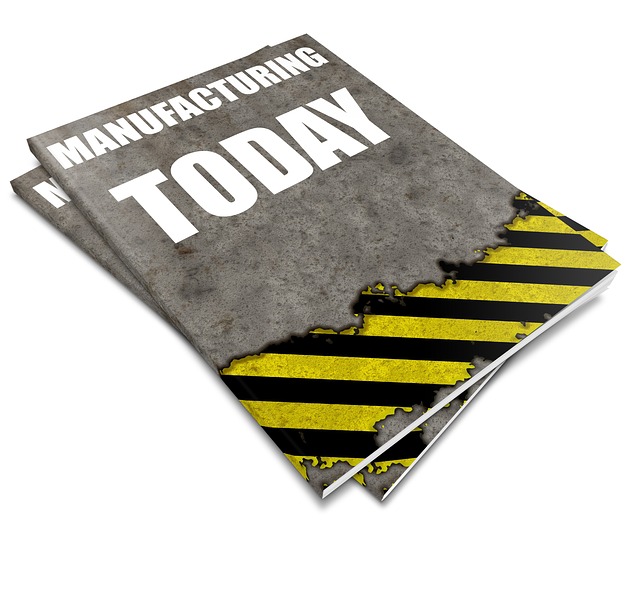
Why chinese manufacturers may subcontract and what are the risks
1./ Production capacity
2./ Technical capability
3./ They are just trading some products
Sometimes, you have to be smart enough to understand that a particular chinese factory is not the real manufacturer of the product they advertise in their catalog or show room.
We have been in this case in the past with a toy vendor. A toy factory was producing plastic toy. One of our client was interested by one of the toy they were advertising on a B2B platform as being their product. We contacted the vendor and started the sourcing and qualification process at distance first. Till that time everything looked fine. When we performed the factory audit service we were supposed to do in the toy factory, being on site we were still thinking they were the real manufacturer of the toy because when we arrived at their toy factory we found out they were producing many different kind of toys. At this moment, the manufacturer was still claiming he was producing the toy we were looking for.
By digging a bit deeper (since I am extremly curious and sometimes a bit suspicious), I discovered they were not the real manufacturer of the toy but were just trading it from a factory who was only 2 street away from their manufacturing plant. They had simply leverage their toy catalog and exposure to propose some toys which was not there by performing some trading activity.
How to prevent subcontracting and avoid related risks
1./ Audit deeply your supplier
This is very important to perform proper due dilligence to your potential supplier. The minimum is to perform a manufacturer assessment, but best is to perform a deep factory audit so you can have a very clear picture of your potential vendor.
2./ Make things clear by written agreement that they should not subcontract without your authorization
Be clear with your chinese manufacturer that they should not subcontract production to other without getting your agreement. Specifiying and writting black on white the rules of the games via a contract is essential. Make sure they understand it by asking them to chop your contract with their name and signature. Make sure your contract is in chinese or bilingual.
Specify to them that subcontracting in a non transparent way is unacceptable and would be subject to rejecting the production.
3./ Perform quality inspection during the production
Control, control, control ! This is the most important. Don’t wait the last moment to just perform a pre-shipment inspection. You would better either employ a buying office in China to control your production or to ask a quality inspection company to perform some production monitoring and during production inspection. So that you can follow up and contol your manufacturing phase tightly without relying too much on your chinese manufacturer.
What is your experience with chinese supplier subcontracting the production ?
Leave a Reply